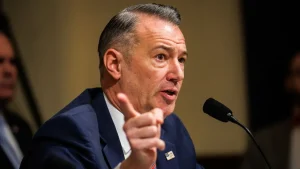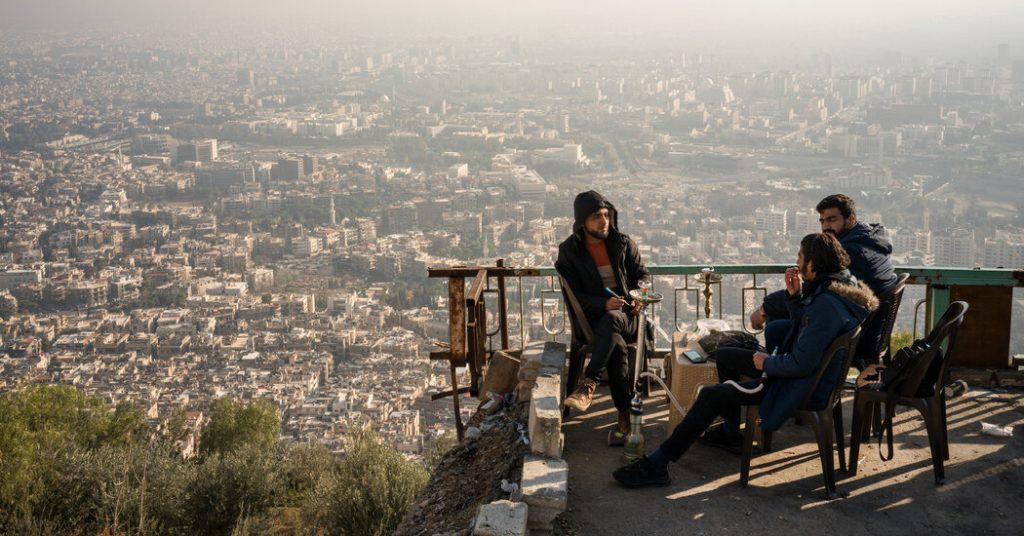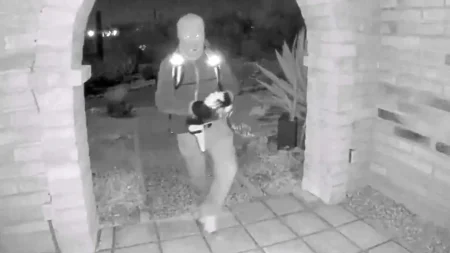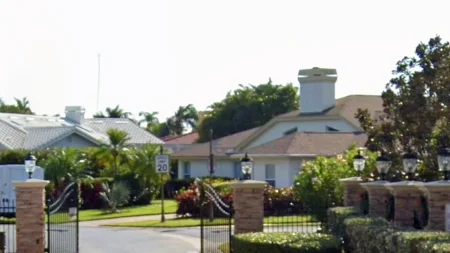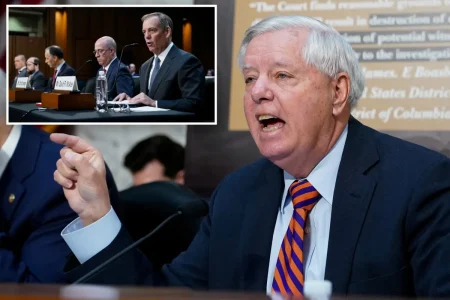Paragraph 1: Lebanese Prime Minister Najib Mikati embarked on a significant diplomatic mission, undertaking his first official visit to Syria since the dramatic shift in power. The primary objective of his visit was to address the pressing issue of Syrian refugees residing in Lebanon. The meeting held in Damascus with Ahmad al-Shara, the leader of the new Syrian government and head of Hayat Tahrir al-Sham, the Islamist group that orchestrated the overthrow of former President Bashar al-Assad, marked a crucial step in navigating the complex relationship between the two nations. The Syrian civil war, which erupted in 2011, forced over a million Syrians to seek refuge in Lebanon, placing a considerable strain on the country’s resources and infrastructure. While some refugees have returned to Syria, a substantial number remain, creating a humanitarian and logistical challenge for Lebanon.
Paragraph 2: Prime Minister Mikati emphasized the urgency of finding a solution to the refugee crisis, advocating for the swift repatriation of Syrian refugees back to their homeland. He highlighted the importance of this endeavor for both Lebanon and Syria, particularly in light of Syria’s ongoing recovery. Mikati expressed his belief that al-Shara shared his commitment to resolving the refugee situation. However, while al-Shara acknowledged discussions on “outstanding issues,” including border security, he refrained from directly addressing the refugee return, indicating the complexities involved in achieving a mutually agreeable solution. He emphasized the multitude of challenges confronting Syria and cautioned against expectations of rapid solutions, advocating for a phased approach to tackling the country’s deep-seated problems.
Paragraph 3: The timing of Mikati’s visit coincided with the election of Joseph Aoun as Lebanon’s president, filling a two-year vacancy in the office. This political development added another layer of significance to the diplomatic dialogue between Lebanon and Syria. The newly elected president is expected to initiate consultations for the nomination of a new prime minister, further shaping the political landscape in Lebanon. Meanwhile, al-Shara’s leadership in Syria faces the daunting task of restoring order and stability after 14 years of devastating civil war. The conflict fragmented the nation, spawned numerous armed groups, and inflicted widespread destruction. Al-Shara’s initial efforts have focused on re-establishing a sense of normalcy, encouraging the return of civil servants and students to their respective roles.
Paragraph 4: The precarious security situation along the Lebanese-Syrian border remains a significant concern for Lebanon. Clashes erupted along the border, resulting in the injury of several Lebanese soldiers. The Lebanese military reported that the incident occurred while troops attempted to shut down an illegal border crossing, underscoring the challenges in maintaining border security and preventing spillover violence from Syria. The phone conversation between Mikati and al-Shara following the border clashes highlighted the importance of communication and cooperation between the two countries in addressing security concerns. Al-Shara’s assurance that Syrian authorities were committed to restoring calm along the border signaled a willingness to collaborate on security matters.
Paragraph 5: Further complicating the security landscape, Syrian authorities announced the arrest of individuals accused of belonging to the Islamic State (ISIS) and plotting a major attack in Damascus. The planned attack targeted the Sayeda Zeinab mausoleum, a revered Shiite Muslim holy site, highlighting the ongoing threat posed by extremist groups despite the territorial losses suffered by ISIS. While the international coalition’s efforts have significantly weakened ISIS, the group’s continued activity and online presence underscore the persistent danger of terrorism. This incident reinforces the need for vigilance and cooperation in combating extremist threats in the region.
Paragraph 6: Simultaneously, efforts to broker a cease-fire between Israel and Hamas in Gaza gained momentum. Israeli security chiefs are scheduled to travel to Qatar for high-level talks aimed at securing the release of hostages held in Gaza. The negotiations, mediated by Qatar and Egypt with U.S. support, have been ongoing for months, with recent expressions of cautious optimism regarding a potential breakthrough. Despite these diplomatic efforts, the conflict continues to simmer, evidenced by the rocket launch from Gaza intercepted by Israeli defenses. The ongoing exchange of fire underscores the fragility of the situation and the persistent challenges in achieving a lasting peace.


